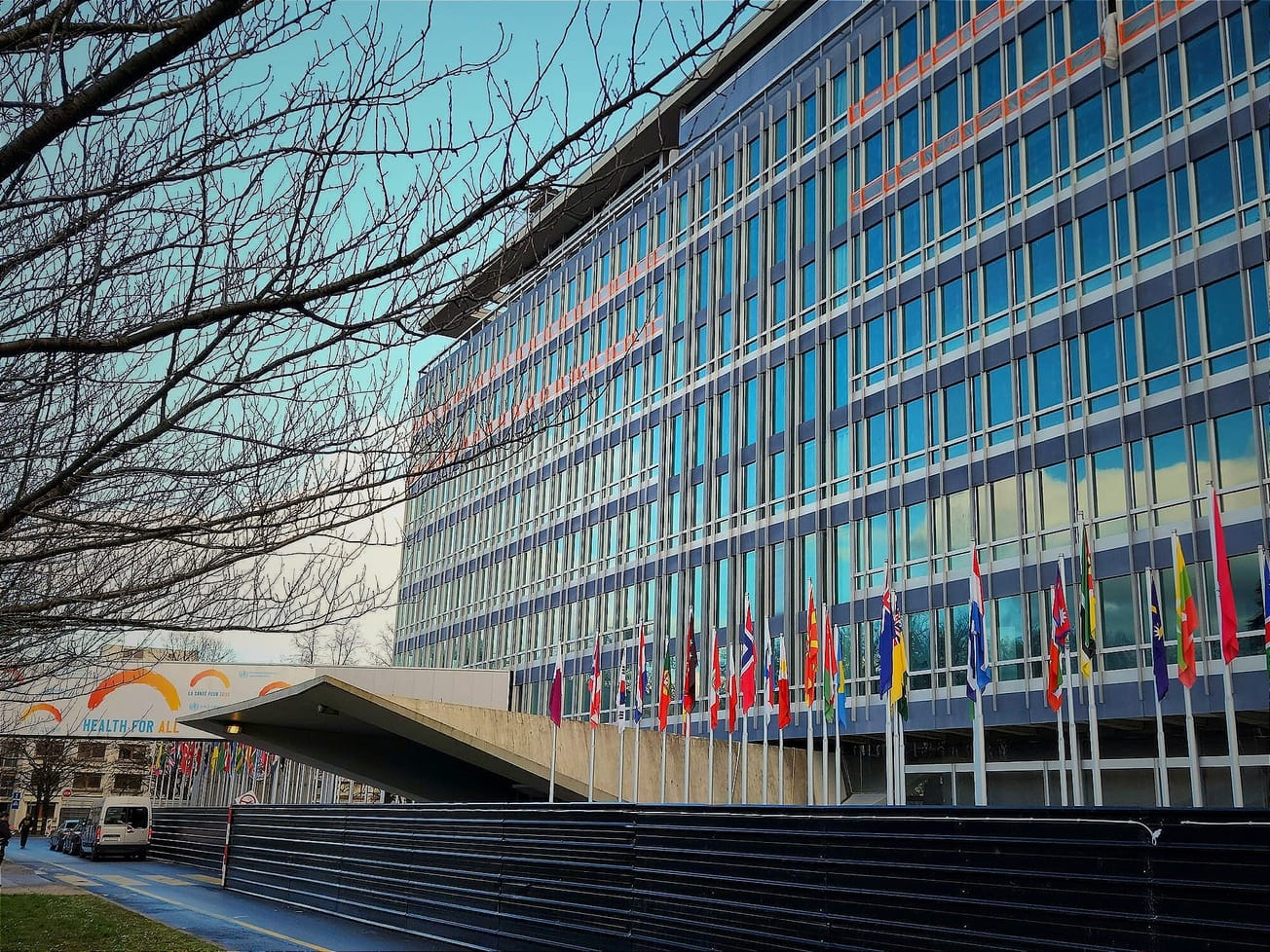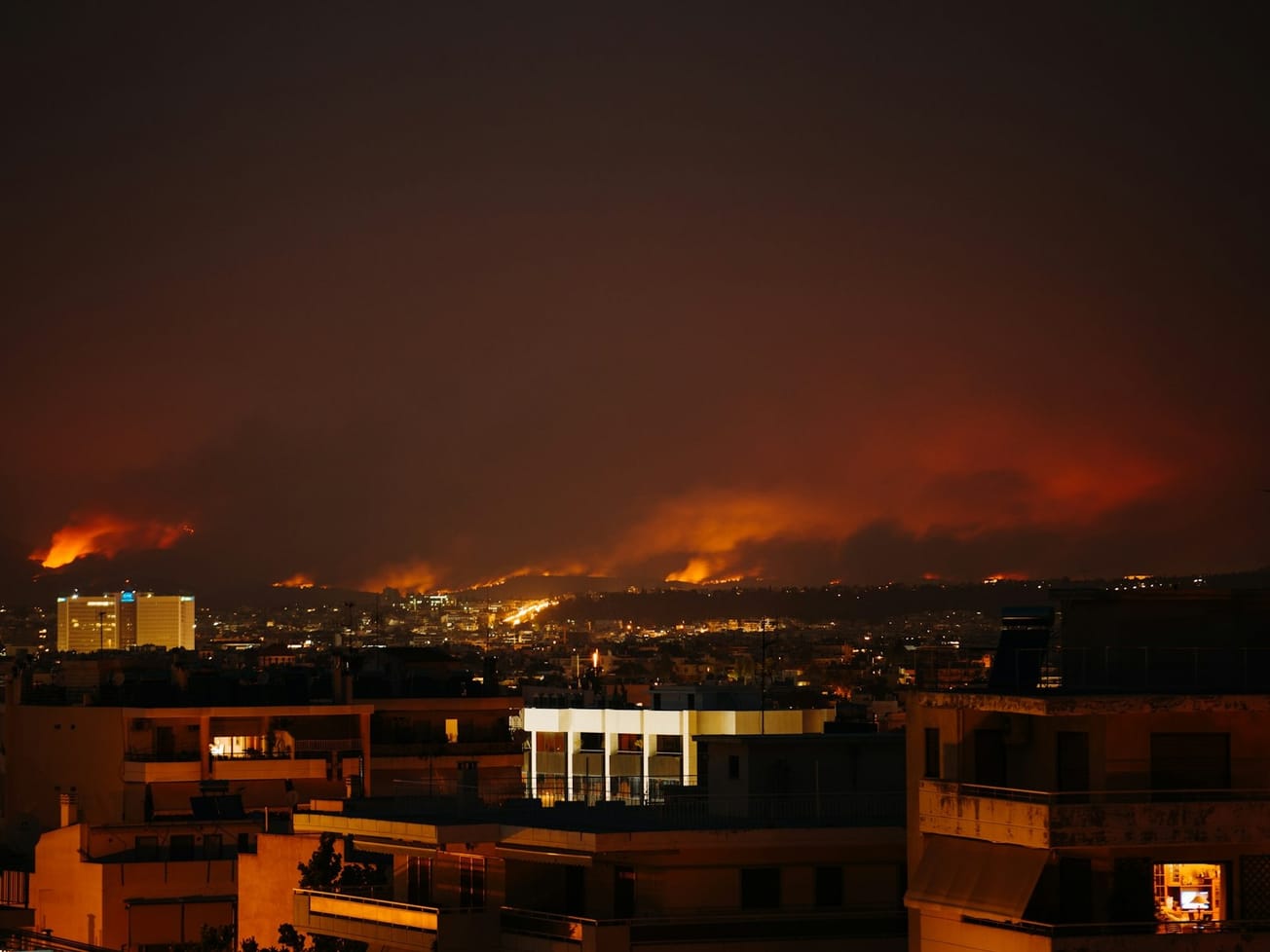Delegates from 196 nations began meeting at a major U.N. summit in Montréal where organizers cast the stakes as a last chance for saving the planet's biodiversity – the variety of life in all of its forms.
The goal of the summit is to get the world back on track toward meeting its obligations in the U.N. Convention on Biological Diversity. More than 10,000 participants are expected; ministers will arrive for talks in the second week.
"This is the moment for biodiversity. This moment needs to mark the beginning of transformative change," said Elizabeth Maruma Mrema, the CBD's executive secretary. "It needs to include the ambition needed to ensure that we halt the loss of biodiversity."
Humans are trashing the planet so fast it would take 1.7 "Earths" to regenerate all of the biological resources used from 2011 to 2016, the CBD said in 2020, concluding none of the U.N.'s 20 decade-long protection goals were achieved.
Just six goals were "partially achieved." Known as the Aichi Biodiversity Targets, the goals for 2020 were set at Nagoya, Japan in 2010. They ranged from simply making people aware of the value of biodiversity to saving endangered species to slowing the rate of losses among coral reefs and forestlands.
Now, delegates are negotiating a new set of decade-long targets for 203o under what's called the Global Biodiversity Framework, which would protect 30% of land and marine areas, redirct billions in subsidies and curb invasive species.
It's hoped that would stop the loss of biodiversity by the end of the decade. Negotiators already began meeting over the weekend ahead of the summit.
"Some progress has been made but not much. I don't feel that delegates have gone as far as we had hoped," Mrema said. "We need to raise ambition for nature."
By 2050, 90% of the world’s land is projected to be significantly altered.🌍
— UN Biodiversity (@UNBiodiversity) December 6, 2022
— @IPBES #GlobalAssessment
Land degradation is a major contributor to #biodiversity loss, putting pressure on the landscape, its #ecosystems and our ability to produce #food.🌾🫑
📷 @unccd pic.twitter.com/1FDJJfYIts
Making peace with nature
The summit was originally scheduled to be held in October 2020 at Kunming, China but was delayed because of the COVID-19 panemic. It was eventually relocated to Montreal, where the CBD's Secretariat is headquartered.
U.N. Environment's Executive Director Inger Andersen described the nearly two-week summit as "a moment in which we need to agree on a plan to secure our life-support system, to make peace with nature" by preserving life's rich diversity.
She also linked the loss of species and its habitat to the rising greenhouse gas emissions that fuel climate change.
"We cannot afford to continue thrashing a path through the fragile web of nature and biodiversity to clear the way for human development," Andersen said.
"Loss and degradation of biodiversity comes with a cost we measure in not just dollars," she said, "but in livelihoods, hunger, disease, vulnerability, well-being and deaths. We did this to ourselves."








